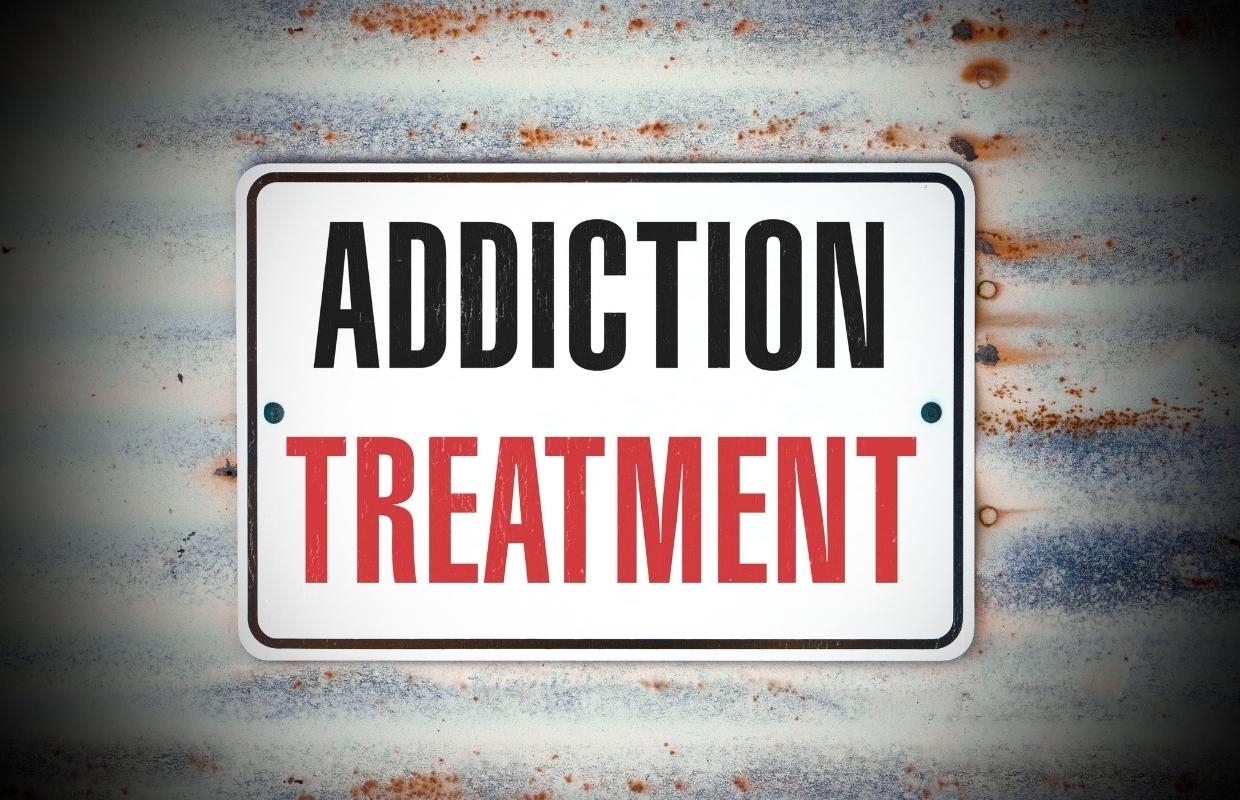Comprehensive mental health treatment services address both psychological well-being.
Secret Types of Dependency Therapy: Navigating Alcoholism Recovery Through Evidence-Based Practices
In the world of alcohol dependency healing, the integration of Cognitive-Behavioral Therapies (CBT) and Medication-Assisted Therapy (FLOOR COVERING) notes a critical stride towards efficiency and patient-centered treatment. CBT offers a structured course to reframe detrimental thought patterns, while MAT offers a biochemical grip against the physical adversities of withdrawal. When these evidence-based techniques are supplemented with alternative approaches, such as mindfulness and nutritional support, they create a robust structure for therapy. However, the trip through these methods provides unique difficulties and results, laying bare the inquiry of how these treatments concretely converge to cultivate sustained recovery.

Recognizing Cognitive-Behavioral Therapies in Alcoholism Healing
As alcohol addiction healing develops, cognitive-behavioral treatments (CBT) have arised as a cornerstone in efficient treatment methods. fentanyl addiction treatment. Therapy concentrates on determining these adverse patterns and mentor people how to challenge and change them with even more positive reasoning. The versatile nature of CBT permits it to be customized to the distinct requirements of each person, boosting its performance in the world of alcohol recovery.

The Function of Medication-Assisted Treatment in Managing Withdrawal and Cravings
Medication-assisted therapy (FLOOR COVERING) plays a critical duty in the administration of withdrawal symptoms and cravings in people recovering from alcoholism. Floor covering involves the usage of FDA-approved medicines such as naltrexone, disulfiram, and acamprosate, which help lower the physical and psychological urges to drink, helping with a smoother and a lot more convenient detoxification procedure. These medications operate by modifying brain chemistry to reduce the satisfying effects of alcohol, stabilize state of mind swings, and decrease physical reliance. This pharmacological a knockout post technique, when combined with therapy and behavior therapies, boosts the possibilities of lasting recovery. Such integration supports the retention in treatment programs and adds considerably to avoid relapse, marking floor covering as a foundation of efficient alcohol addiction treatment.

Incorporating Holistic Techniques With Typical Therapies for Comprehensive Care
While medication-assisted treatment provides a fundamental approach to alcohol recuperation, integrating alternative approaches with typical therapies uses an extra thorough care version. By integrating these varied techniques, therapy programs can customize treatments to private requirements, promoting a more site link lasting healing. This integrated strategy emphasizes the value of a complex strategy in the effective treatment of alcohol dependency.
Final Thought
Finally, effective alcoholism healing leverages a mix of evidence-based practices. Cognitive-Behavioral Therapies reframe negative attitude, while Medication-Assisted Therapy deals with the physical obstacles of withdrawal and desires. Get More Info Incorporating alternative approaches, such as mindfulness and proper nutrition, with traditional treatments ensures a detailed care method. Customized to private needs and sustained gradually, these methods collectively boost the likelihood of sustained sobriety and general health in recouping individuals. alcohol addiction treatment.